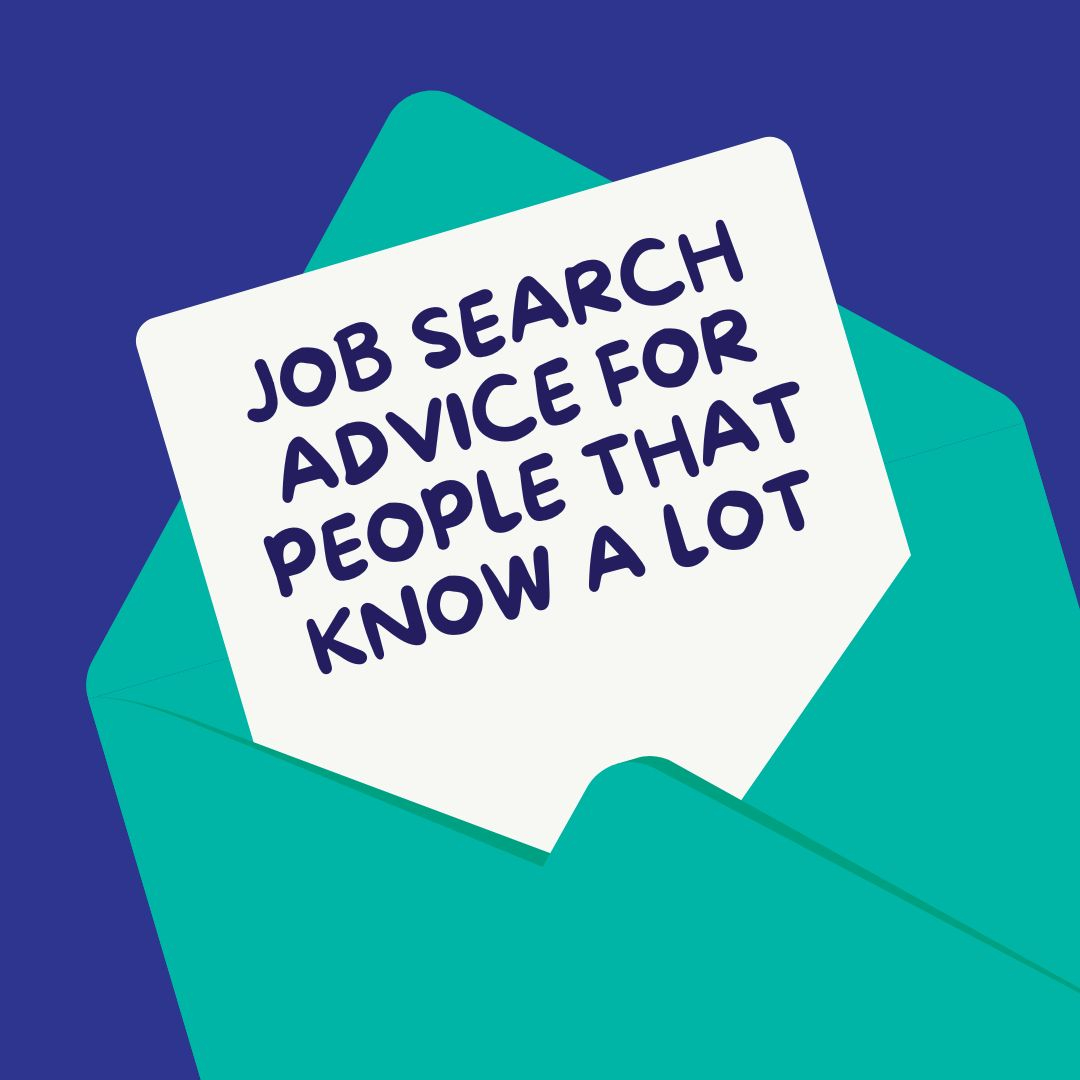What AI means for your job search in 2026
Things are changing fast and a lot of companies are experimenting with new tech.
Candidates should be prepared for new AI-driven experiences in the job search. Things are changing fast and a lot of companies are experimenting with new tech. Be prepared to constantly see new things like interviews with AI agents, new AI-driven chatbots and guidance tools, automated outreach, personalized tests, and more. Some of these things are going to be short lived trends, others might become the norm. One thing is for sure: if you’re searching in 2026, you’ll need to expect the unexpected.
Candidates can also expect more scrutiny about their own AI use. It can feel unfair to have companies scrutinizing candidates over AI use while they sort your resume through an AI-driven screening system, but it is an unfortunate reality. Remember though, most companies, recruiters, and hiring managers aren’t entirely against candidates using AI. They usually support certain use cases, like using a GenAI tool to focus your resume to the role or reword your experience sections to highlight your most relevant skills. What they don’t want is for candidates to either outsource the work entirely to GenAI or use it to misrepresent themselves. For example, using an entirely GenAI written cover letter, using it to answer questions in an interview, “tricks” like hiding prompts on a resume to get past screening tools, etc. You should absolutely use AI to become more efficient and to tell your story well, but use it thoughtfully. Don’t outsource work to it and above all, make sure you’re still representing yourself genuinely.
If you’re a job seeker right now, your network has never been more important.
Job descriptions will change. In the next year, you’re likely going to start seeing some big changes to job descriptions and requirements. Especially if you’re in a technical or operational role. As AI capabilities increase, it’ll begin to take over mundane tasks and technical work. This means the role of workers will increasingly become to guide the technology and focus more on the more high value, human aspects of a role. Companies will start to focus more on hiring candidates who possess the soft skills required to do a job- empathy, learnability, critical thinking, leadership, etc. As you craft your resume, make sure you’re emphasizing your human skills.
There might be backlash. Backlash to AI taking over the hiring process is a very real possibility in the coming year. On the company side, job seekers might begin to see a return to more “old school” recruiting practices like in person interviews and referral focused hiring. There is also a real possibility that candidates will not willingly let AI take over the hiring process. If the negative reactions to other AI tools and takeover is any indication, job seekers might outright reject companies’ AI use. You can expect some upheaval and unrest in the coming years. We encourage you to have an open mind, many companies are just experimenting with AI and have lots of human checkpoints in the process. However, you should also feel empowered to assert your boundaries as well. If you aren’t comfortable doing an AI interview- don’t do one. You can respectfully decline and move on.
You might see more human forward decision making. As mentioned above, Meytier has seen a return of more “old-school” hiring practices and we expect to see this trend continue. Especially if you are a mid-senior level job seeker, you can expect an emphasis on in person meetings and assessments, referral hiring and human-focused processes.
The job search black hole will get bigger. Companies were already inundated with digital applications, but AI has changed the game entirely. Organizations around the globe are contending with thousands of applications for open roles and are working to figure out how to filter out real candidates from fake ones. In all likelihood, this means that companies are missing out on real, qualified applicants. If you’re a job seeker right now, your network has never been more important. Tap into it in any way you can, ask for referrals, find connections at companies you want to work at, and don’t be afraid to reach out to people over LinkedIn or in other professional settings. It is very likely the best chance of finding a new role.
Privacy Policy Terms Of Use




